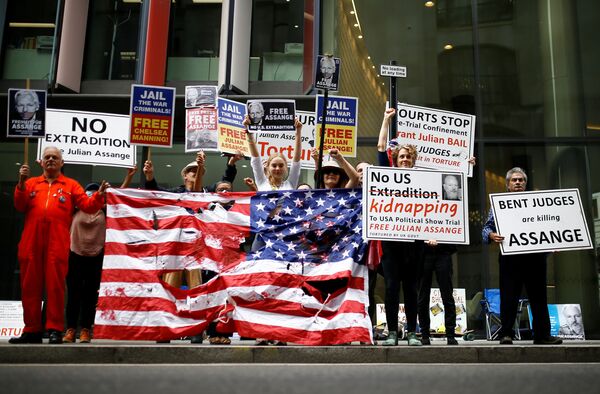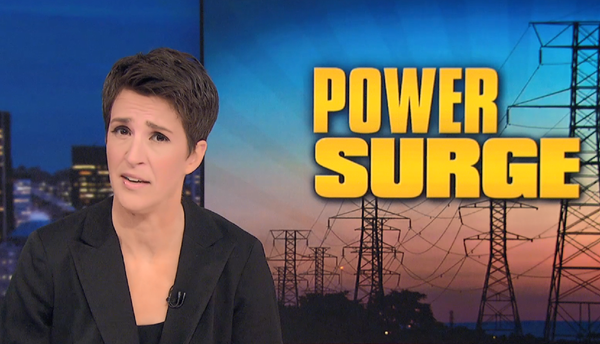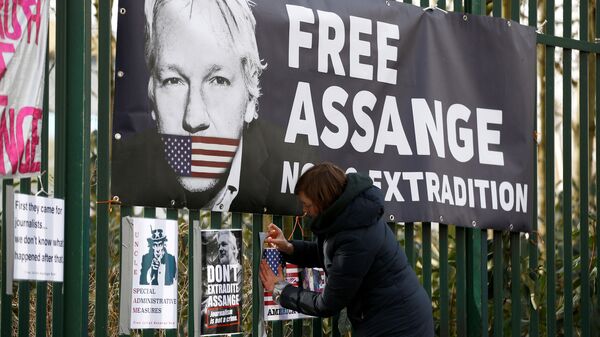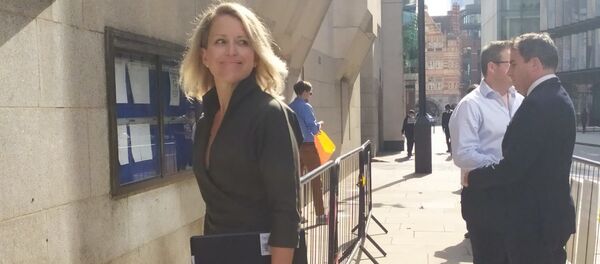Congressman Rohrabacher’s presidentially-approved offer to pardon Julian Assange in exchange for information on the source of the 2016 leak of the Democratic National Committee’s emails offered no guarantees, would have ruined Assange’s reputation as a journalist, and wouldn’t have benefited Trump politically either, says Earl Rasmussen, executive vice president of the Washington-based Eurasia Centre think tank.
“Yes, the Congressman did meet with Julian Assange and yes he did propose a potential resolution. However, there was no official position from the United States, no assurances provided by the State Department, the Justice Department or the White House. This was hypothetical and I think a reasonable topic to bring up with the Assange team. However, I do not believe that the Administration would have supported such a deal if it did occur. Moreover, Assange upheld high journalistic ethical standards by not revealing the source,” Rasmussen told Sputnik.
According to the analyst, the dropping of the US charges against Assange would have benefitted him, at least temporarily, by allowing him to finally leave what was effectively his imprisonment inside the Ecuadorian Embassy in London.
“However, he would have revealed his source and would have gone against his own ethical standards, thus weakening his journalistic independence and destroying relationships with current and future sources,” Rasmussen stressed, speculating on why Assange did not take the deal.

No Benefit to Trump Either
If Assange accepted a hypothetical deal, Trump, having found out the source of the DNC leaks, would have been able to “clearly state who the source was and that there was no collusion with the Russians or WikiLeaks,” Rasmussen noted. However, he added that by that point, the Democratic Party and media’s Russiagate conspiracy mongering was already too far gone, and they would have been unlikely to accept the president’s revelations.
“Moreover, there would have been significant political backlash and potential adverse implications for using his position for what would have been clearly perceived as a personal gain,” Rasmussen stressed. “Any satisfaction would have been short lived and the noise for removal would have grown even louder,” with the “never ending Russiagate hoax” continuing to churn.

For these reasons, the analyst believes that the conditional pardon offer by Rohrabacher, “while well intentioned, had a low probability of ever being accepted in any format,” and would have “provided no real lasting positive effects for either Julian Assange or President Trump.”
Assange Has Already Dropped Hints About DNC Emails’ Source
Rasmussen recalled that Assange had already revealed, in early 2017, that WikiLeaks did not receive its information from Russia, or any state actor.
“More recently, we have the now unclassified sworn testimony of Crowd Strike, stating that there was no proof that the Russians hacked the DNC and no evidence of the emails being exfiltrated. Hence, it appears more likely that they were provided to Julian from a source inside the DNC itself,” Rasmussen added, without commenting on who this source might be.
In 2016, following the murder of Democratic staffer Seth Rich outside his Washington, DC home, Assange fueled speculation that he may have been the source of the DNC leaks by bringing up the Rich case as an example of the dangers faced by whistleblowers.
Whistleblower Could Die in Prison if Convicted
Assange has been indicted by the US Department of Justice on 18 separate charges, most of them related to violations of the Espionage Act. If extradited from the UK and convicted in a US court, he could face up to 175 years in prison.
Friday’s hearing included the bombshell confirmation by barrister Jen Robinson, who has provided Assange with legal representation since 2010, that Congressman Dana Rohrabacher offered the WikiLeaks founder some sort of “pardon, assurance or agreement” for non-prosecution which would enable him to leave the Embassy and “get on with his life” in exchange for information about the source of the DNC leaks. Robinson confirmed that the deal was personally approved of by President Donald Trump. She added that Assange “did not provide the identity of any source.”



